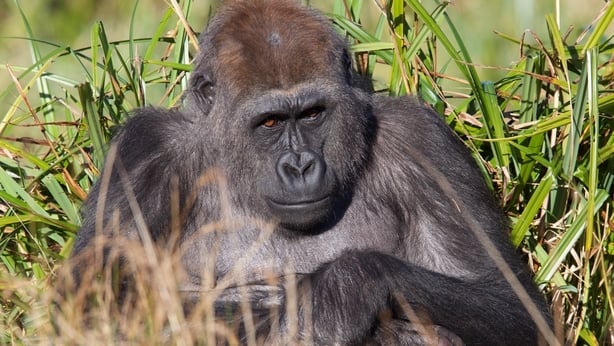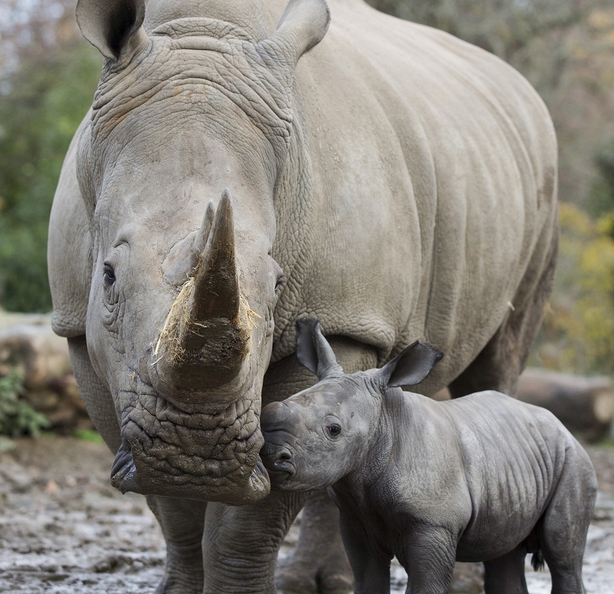On this morning's Jennifer Zamparelli show on 2FM, Jen discussed the possibility of one of the capital's most beloved and oldest attractions being at risk of closure. Listen back below.
Dublin Zoo has warned that it may have to close permanently because of the impact of the Covid-19 pandemic. In hopes of avoiding this, they have launched the 'Save Dublin Zoo' fundraising campaign, appealing to the Irish public for help.
According to Senior Keeper Brendan Walsh, the facility, which opened in 1830, costs €500,000 per month to run. He spoke with Zamparelli about the breakdown of cost per animal, what will happen to the animals if the zoo closes, how the animals are coping, and more.

As a registered charity, the zoo relies on ticket sales for almost 90 percent of their funding. Since closing their gates for the second time this year due to COVID-19 restrictions, they say they are struggling to cover the cost of animal care.
"We've been very careful with our money over the years and we tried to be very cautious with it but now we're getting to the stage where our emergency cash is running low," Brendan explained.
Speaking about the day to day breakdown of what it costs to simply feed the animals, the Senior Keeper said that it costs €25 a day to feed just one red panda.
"It's least €50 a day to feed one lion," he continued. "At least €75 a day to feed an elephant. For the rhinos, you are looking at in the region of about €100 per day as well so it is quite a lot of money."

The front gate staff and retail staff at the zoo were let go during the closures this year, which saved some money, but the animal staff and the level of care at the facility is non-negotiable. Jen asked Brendan what would happen to the animals if the zoo was forced to close.
"All modern zoos operate together," says Brendan. "There's the British and Irish Association, the European Association, and the World Association so we don't operate on our own. It's normally for very positive things like breeding programs or field conservation projects. In times like this, zoos would move animals out."
"Euthanasia would never be an option," he added. "We make sure animals are alive and well, we would make sure they go to other zoos."
Speaking about the animals and how they've been coping with the recent changes, Brendan says that he believes the animals miss visitors to a degree.
"The animals do get used to people," he says. "They're all born in Dublin Zoo or in other zoos, mostly around Europe, so they're used to having people around. I would imagine that most of them have noticed that people aren't around.
"Even in the reptile area, I've noticed that some of the snakes and crocodiles are coming to the glass more when you walk past."
"I think a lot of those animals notice that difference and some animals like the orangutans, I personally think, do miss visitors and getting a reaction. I think they do miss them to a degree."
"It is quite a tough time."
For more information on the Save Dublin Zoo campaign, click here. To listen to the interview in full, listen back below:
We need your consent to load this SoundCloud contentWe use SoundCloud to manage extra content that can set cookies on your device and collect data about your activity. Please review their details and accept them to load the content.Manage Preferences

